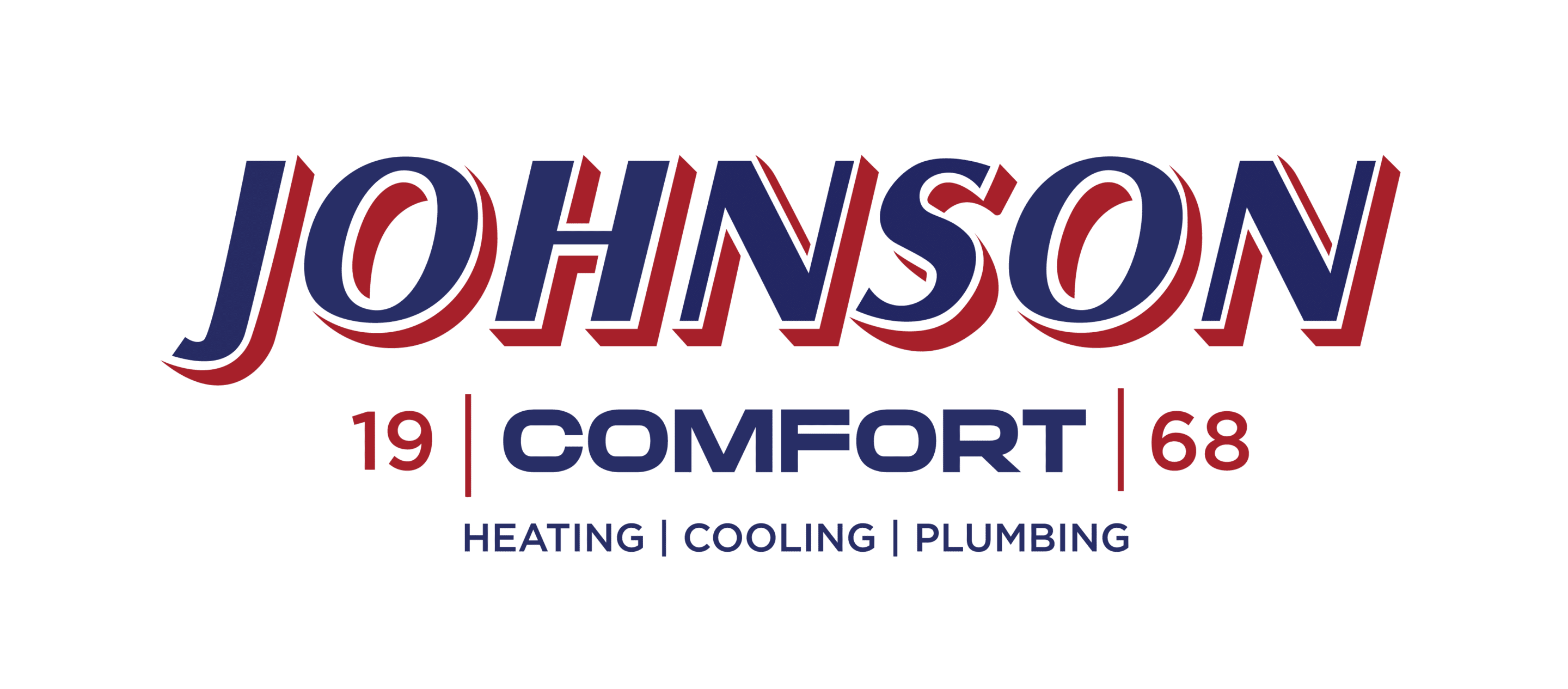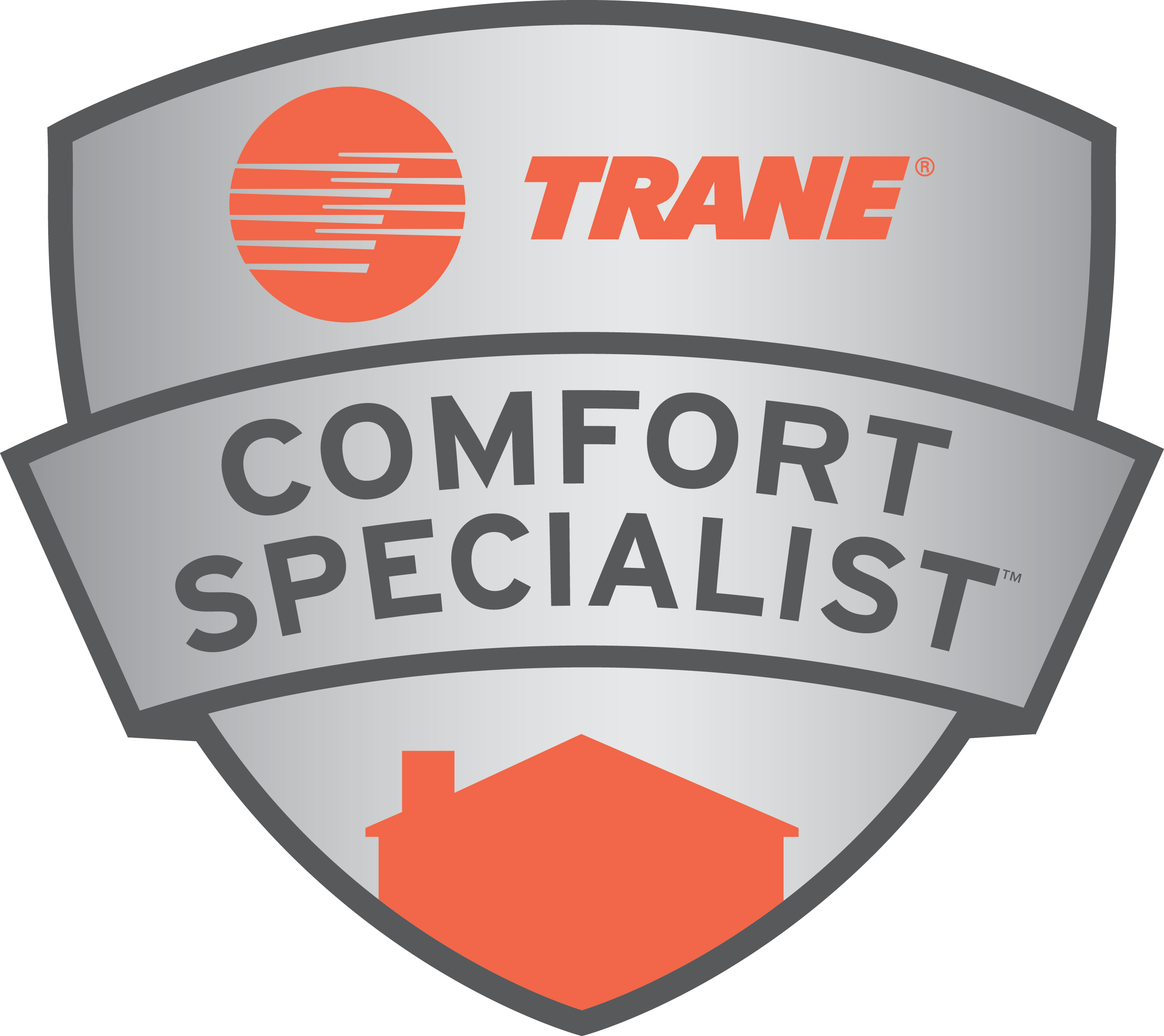How Does an Air Purifier Work?
Consumers spend over $250 million every year on air purifiers for their homes, with allergy and asthma sufferers being responsible for the majority of the sales. However, studies have shown that some purifiers aren’t very effective.
The air inside a typical home is often a source of airborne contaminants. Trapped moisture sometimes leads to the growth of mold spores, forced-air HVAC systems circulate dust and bacteria throughout the home, pets produce dander and smokers spew toxins into the air.
Additionally, outdoor allergens, like pollen, drift into the home and become caught in upholstery and carpet. While these air contaminants aren’t typically harmful for healthy people, pollutions can cause problems for individuals with respiratory issues.
Do Air Purifiers Actually Work?
While not all air filters do what the manufacture claims, a well-constructed air filter will reduce the airborne contaminants found inside a building. Top-of-the-line air purifiers, like those using High Efficiency Particulate Air, commonly known as HEPA, filters trap over 99 percent of airborne particles bigger than 0.3 microns.
Other types of air purifiers use ultra-violet light to destroy bacteria, fungi and viruses. Three types of air cleaners, electrostatic precipitating cleaners, negative ion generators and electret filters, use electrical-attraction purification.
How Does an Air Purifier Work?
Air filters use a fan to draw air across a fine sieve to trap airborne particles, and the finer the sieve the smaller the particles it can trap. The holes in the sieve are measured in microns, which are the standard unit for measuring air particulate, and each micron is equivalent to 1/25,400 inch.
The more times air passes through the filter the cleaner it becomes, and top-quality air purifiers circulate, or exchange, the total air in a room six times per hour and employ an activated carbon and zeolite mixture to adsorb pollutants.
How Does an Air Purifier Help My Family and Home?
The naked eye is not capable of seeing anything smaller than 10 microns, so smaller airborne pollutants such as viruses and bacteria go detected. The typical home air conditioner filter is only capable of capturing particles 10.0 microns or larger, so the AC filter is essentially useless in removing most of the more serious types of in-home airborne contaminants.
Installing a high-quality air purifier will remove almost all of the allergens, like chemicals, dust, smoke, pollen and pet dander, reducing the incident and severity of illness and allergies.
Want the fresh purified air in your Greenwood home? Call Johnson Heating & Cooling at (317) 881-7738 and breathe in the purified air you deserve.



